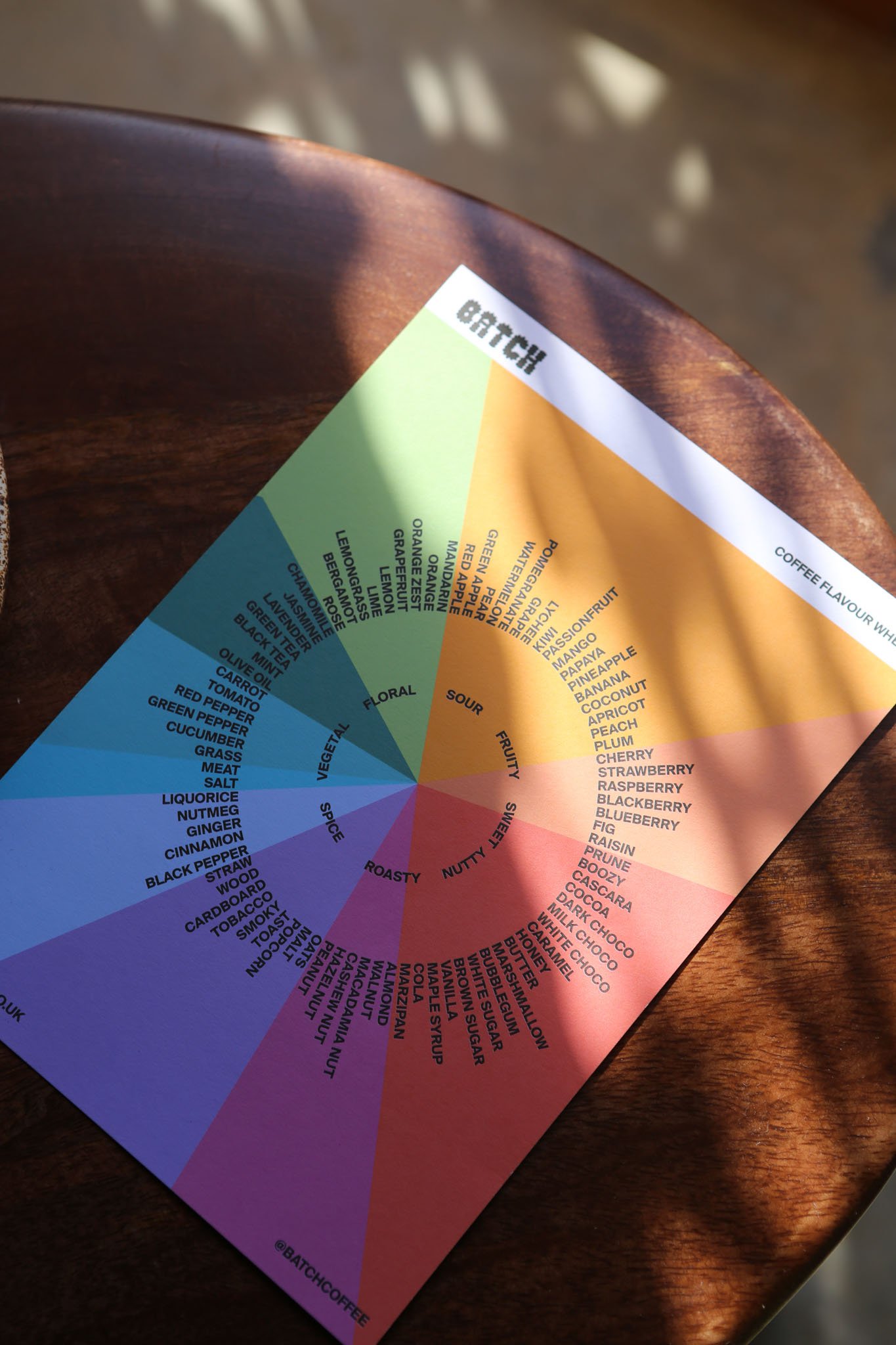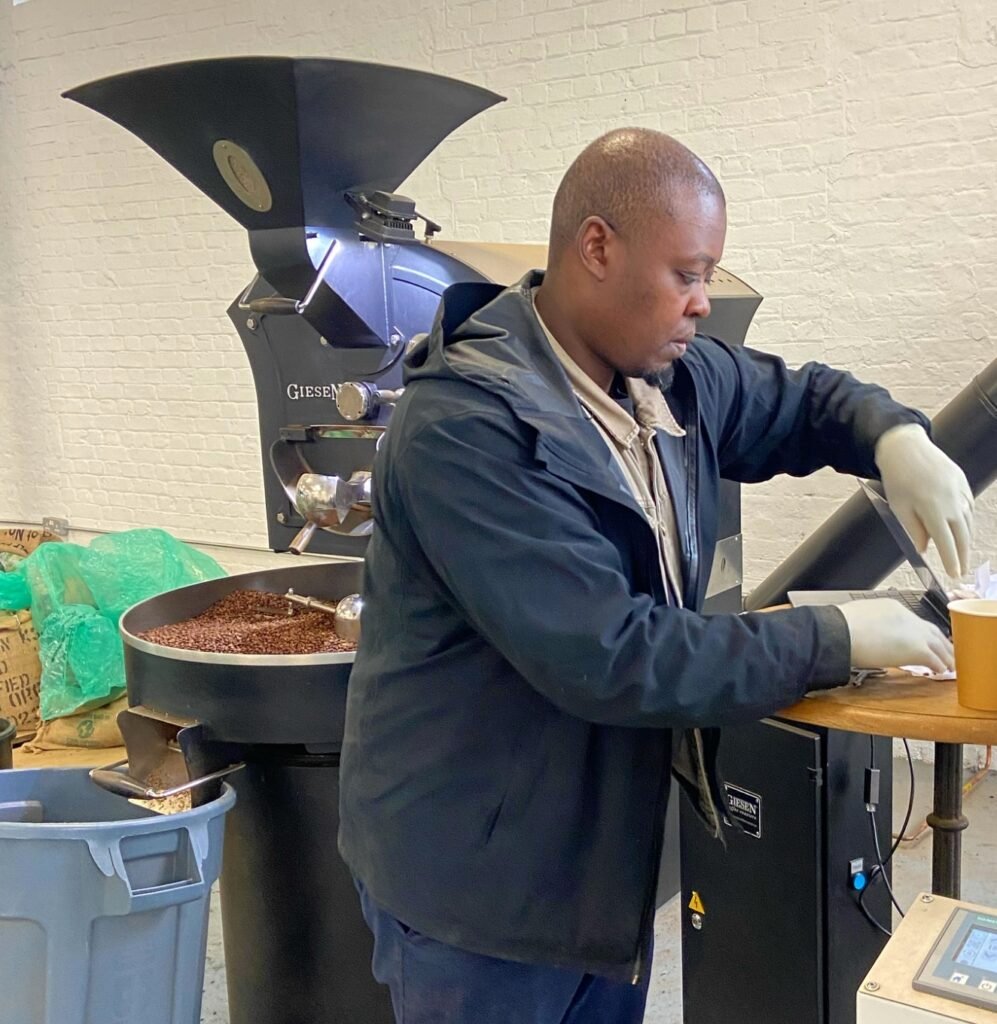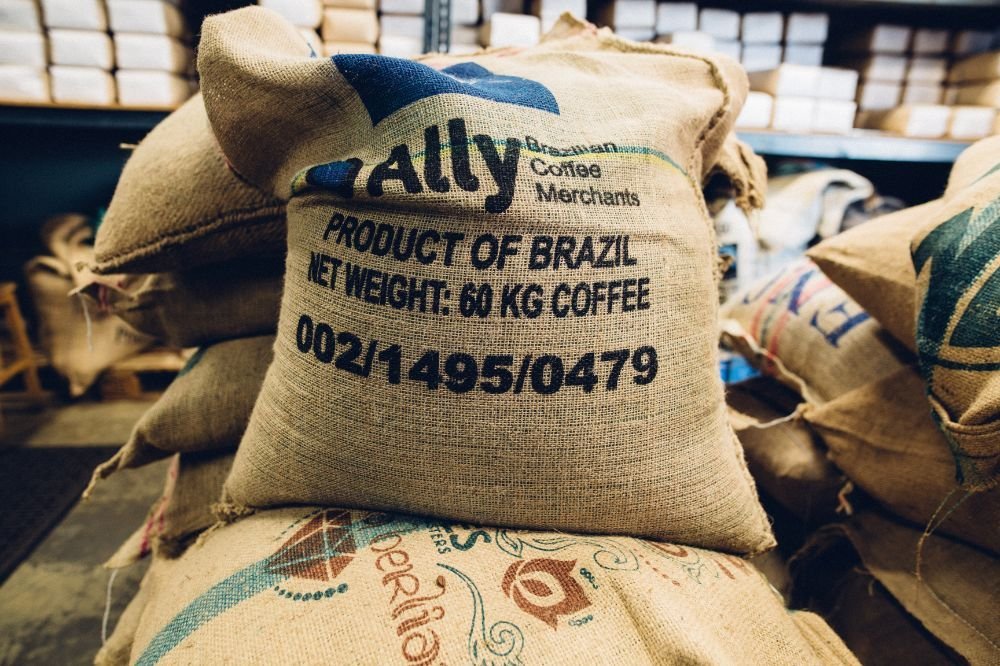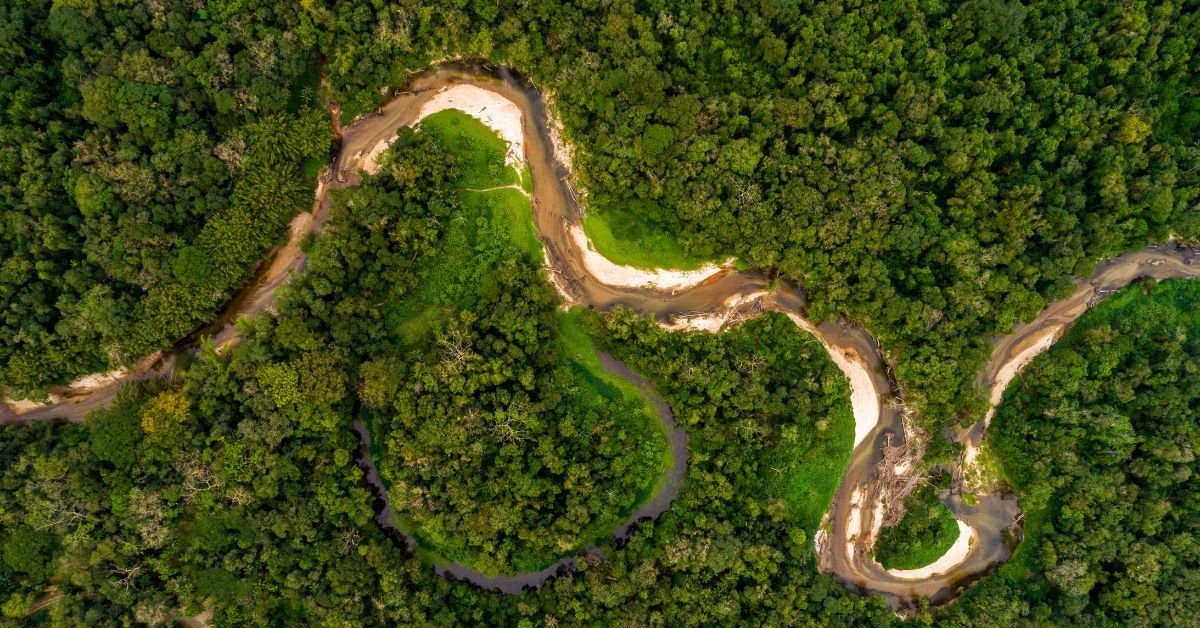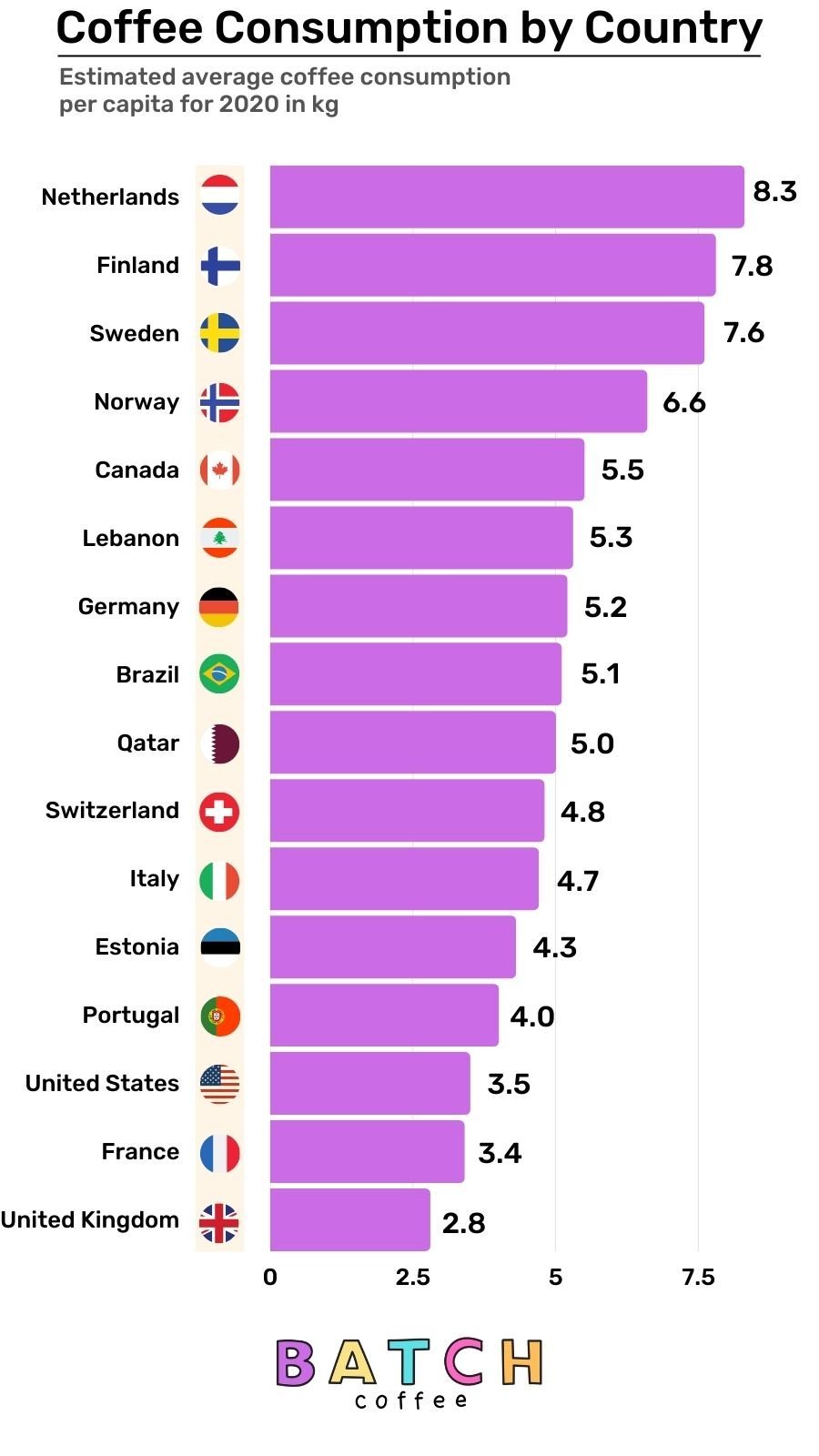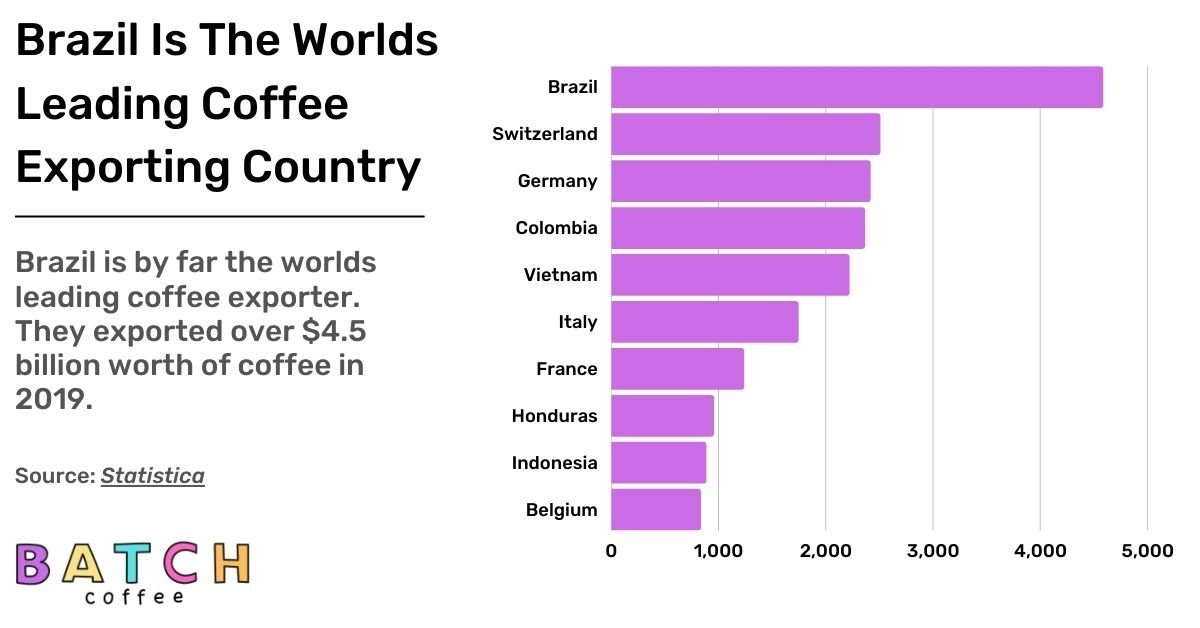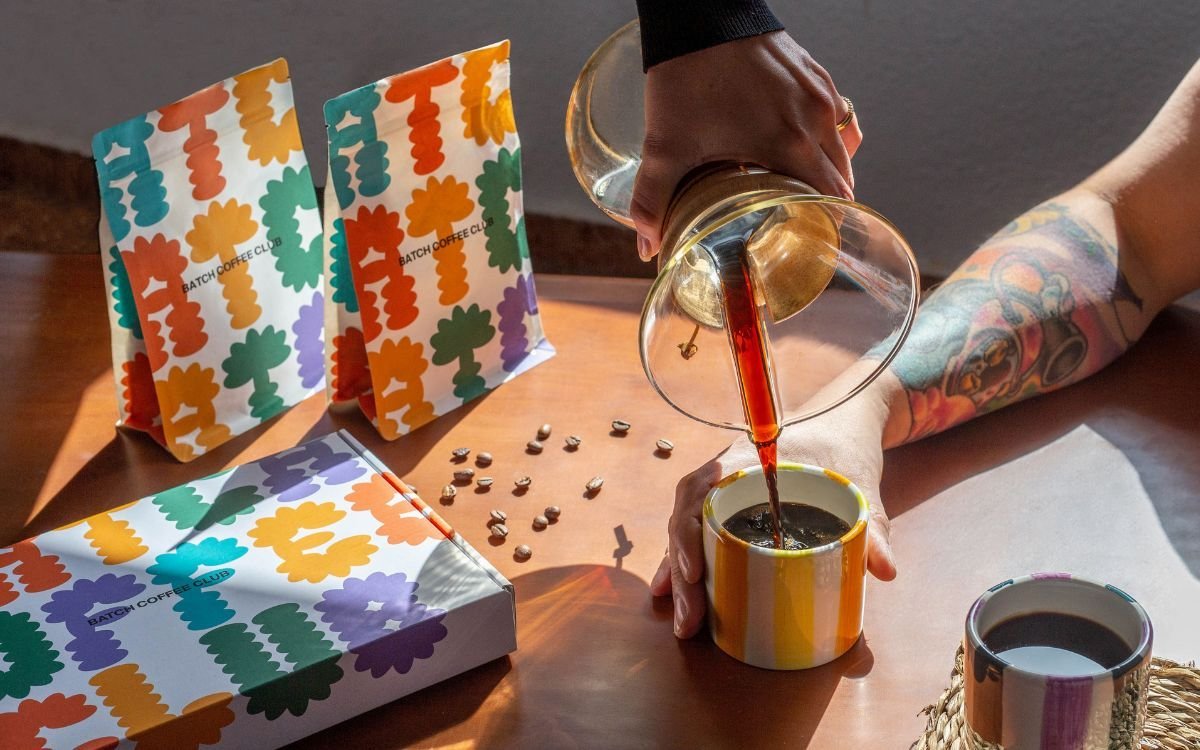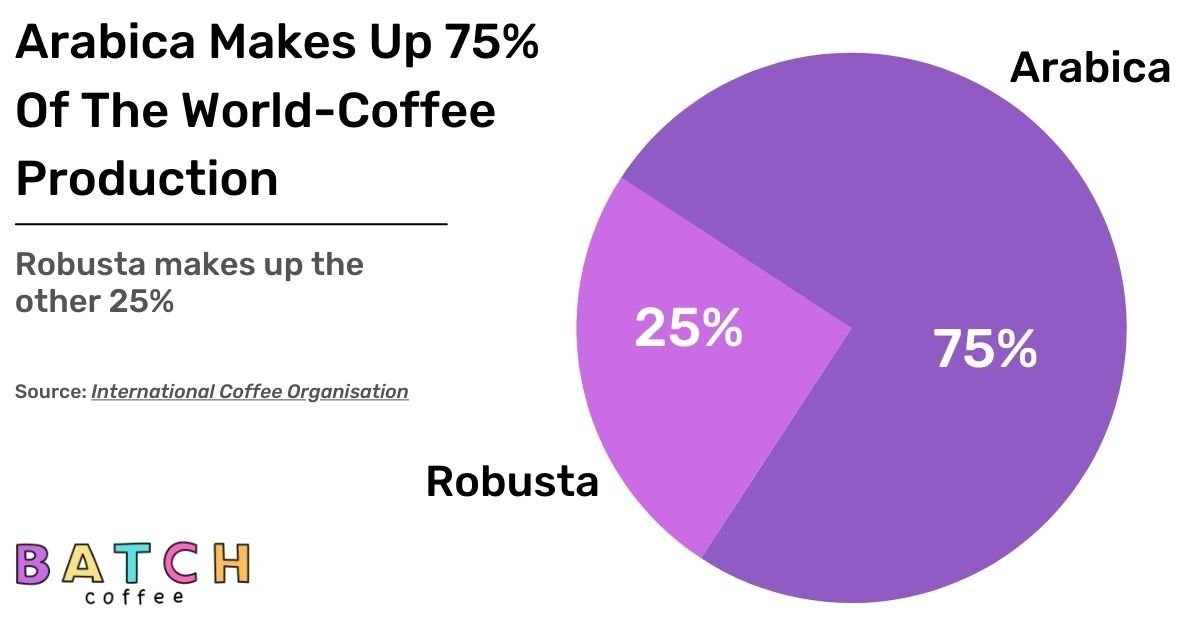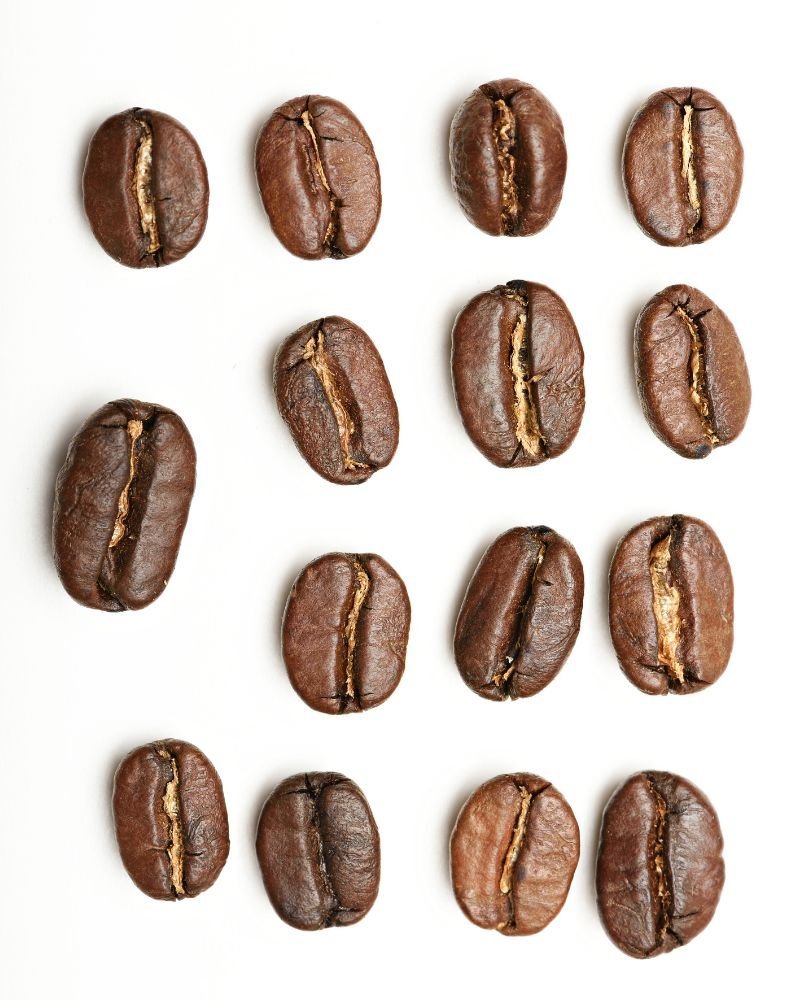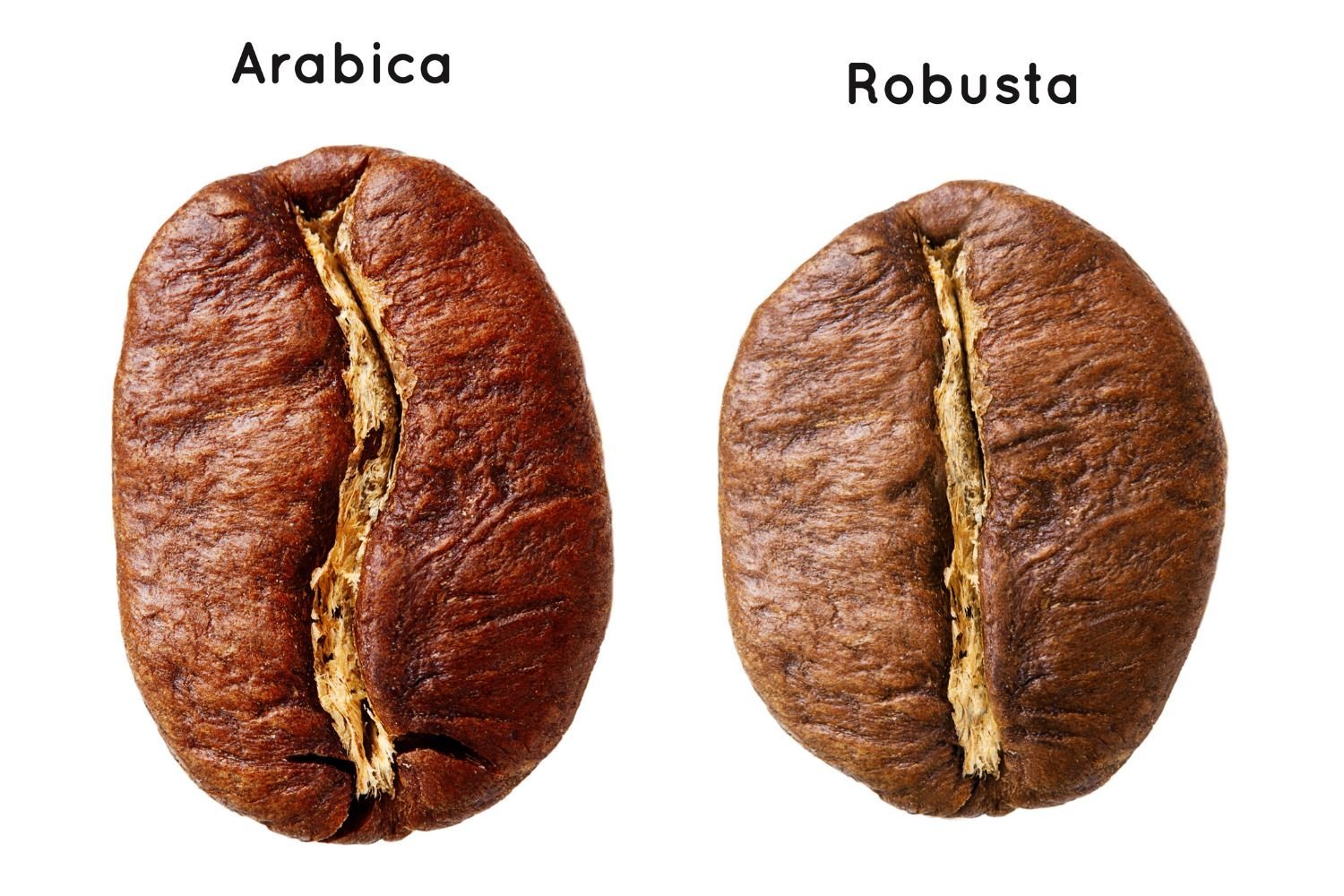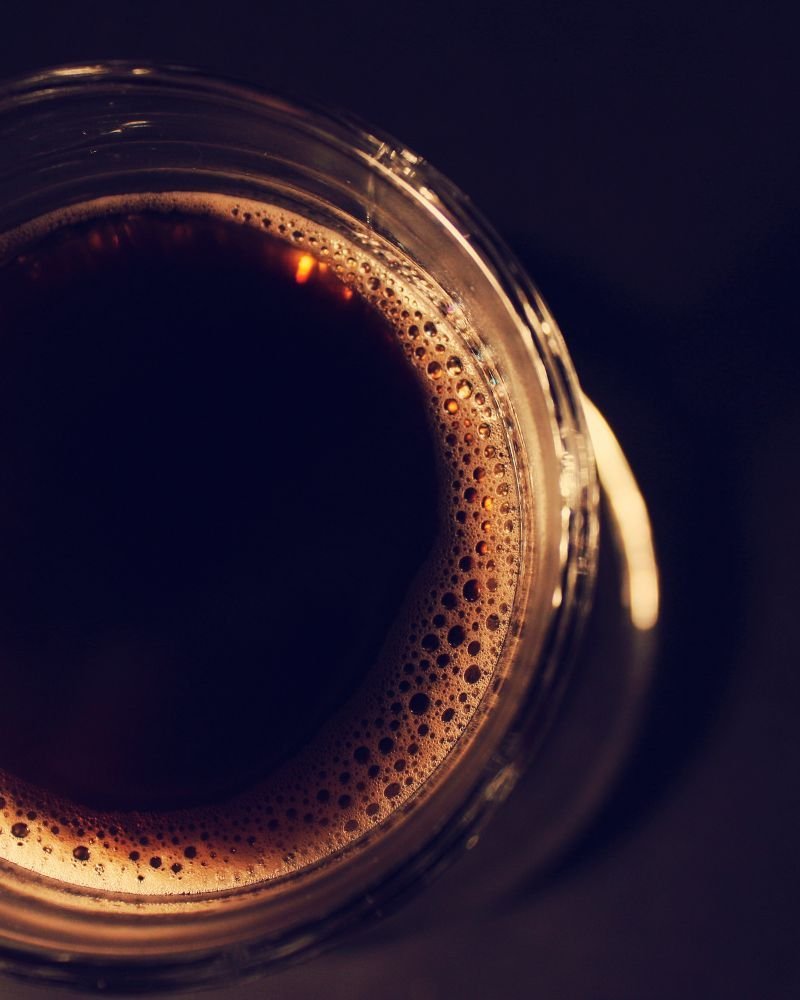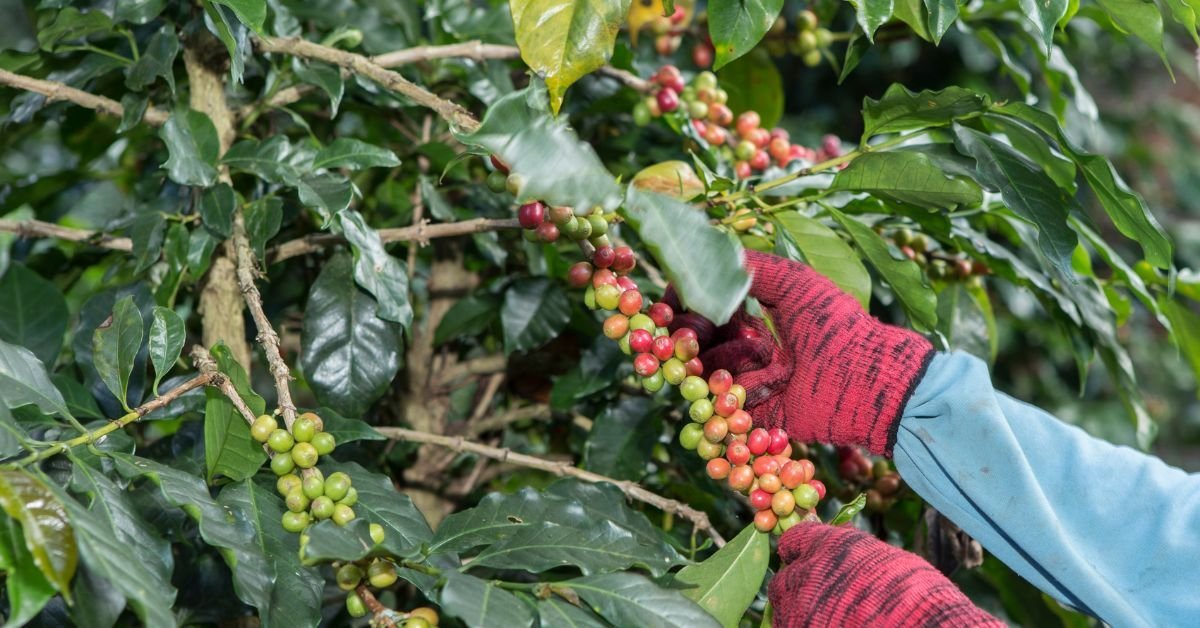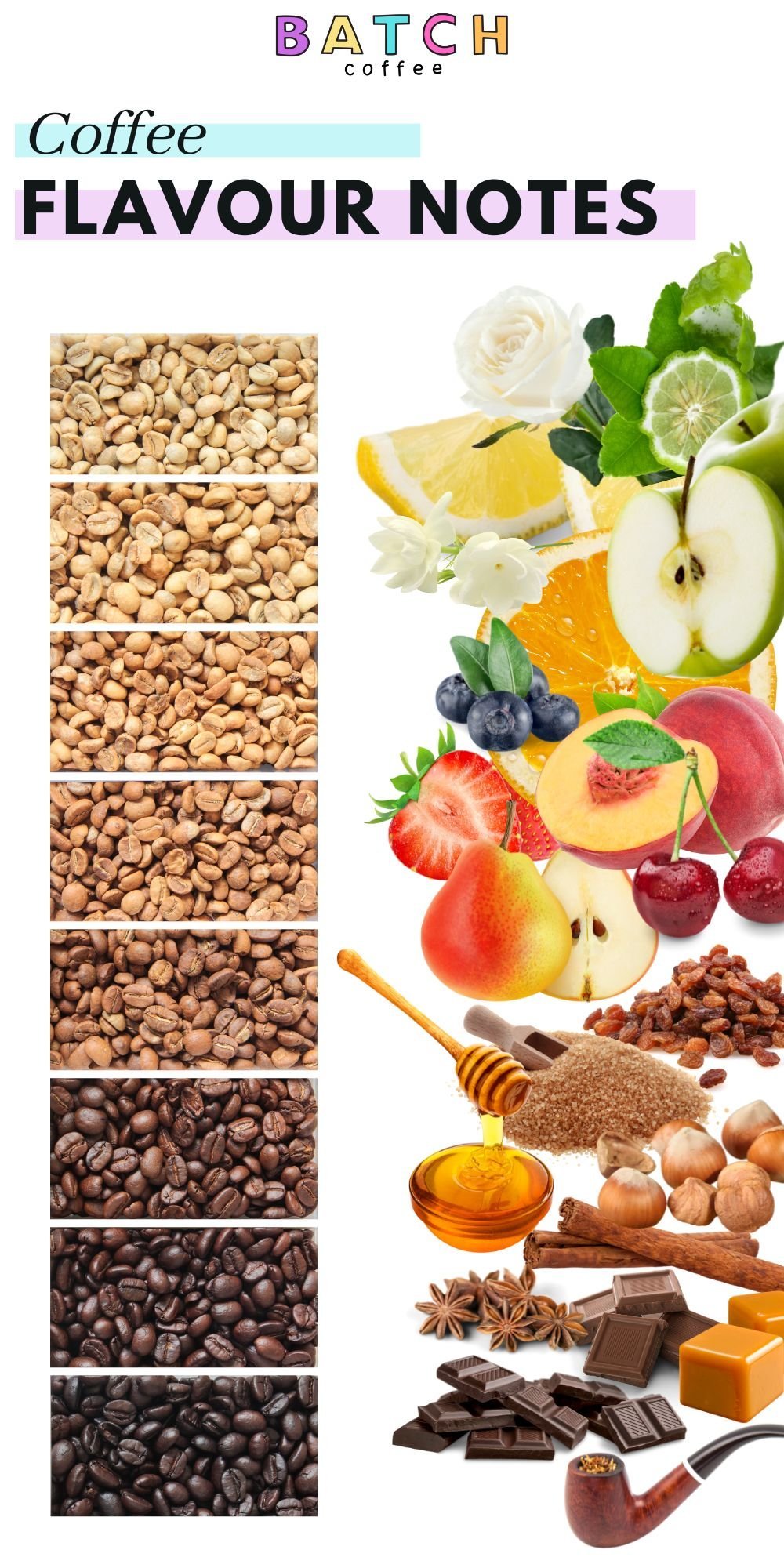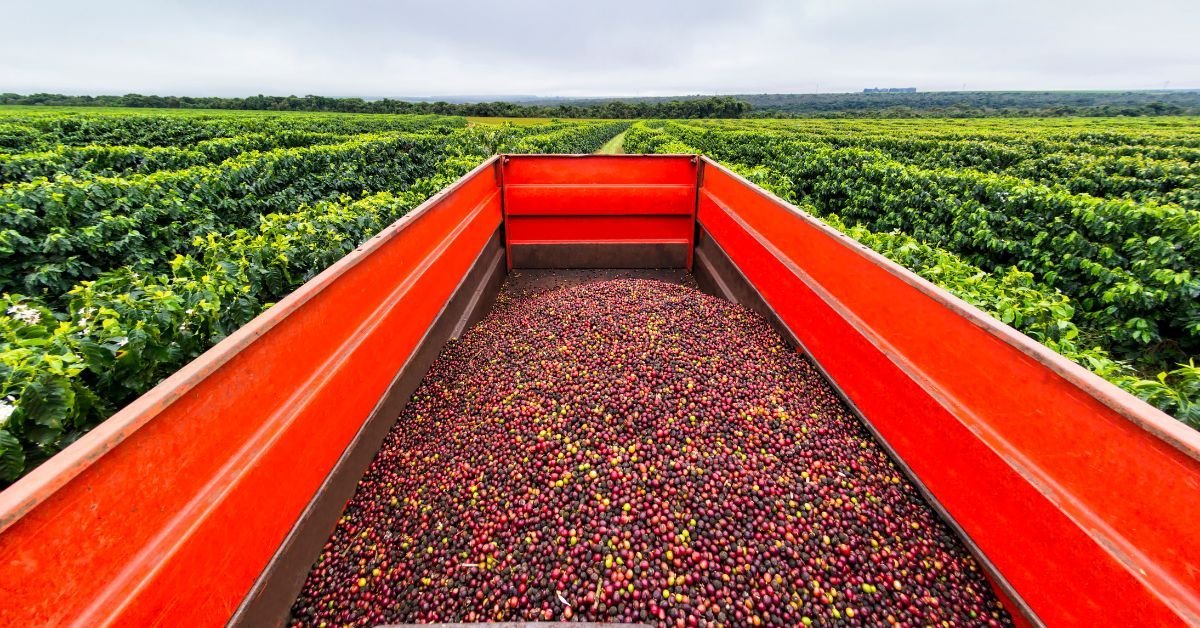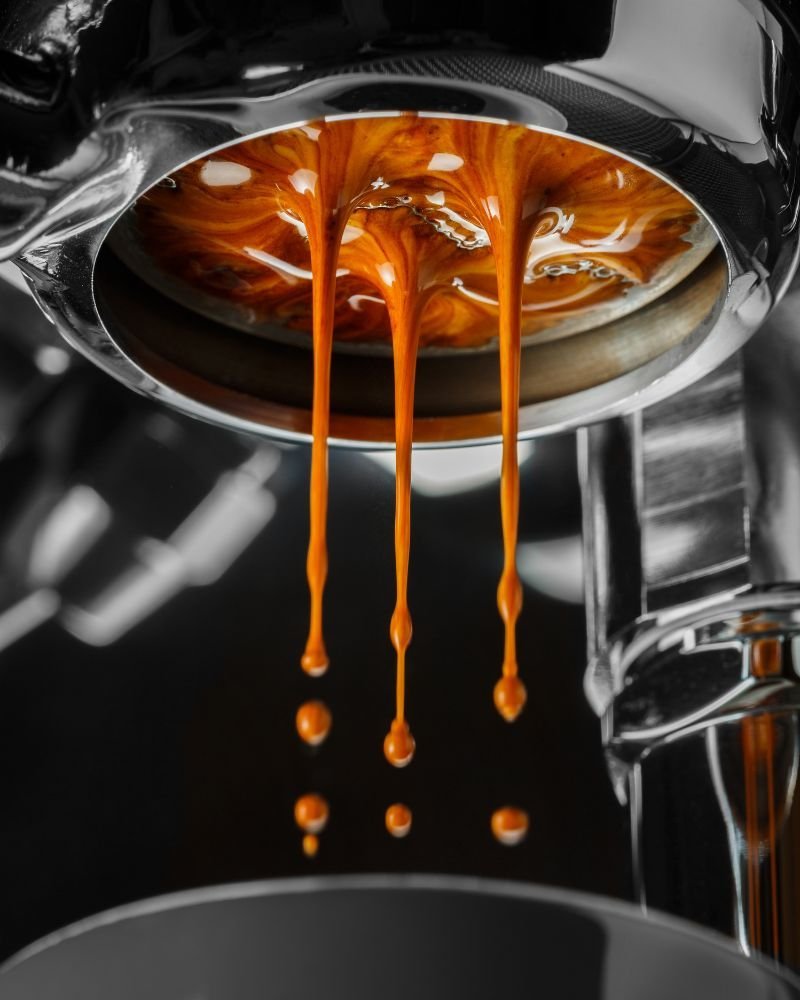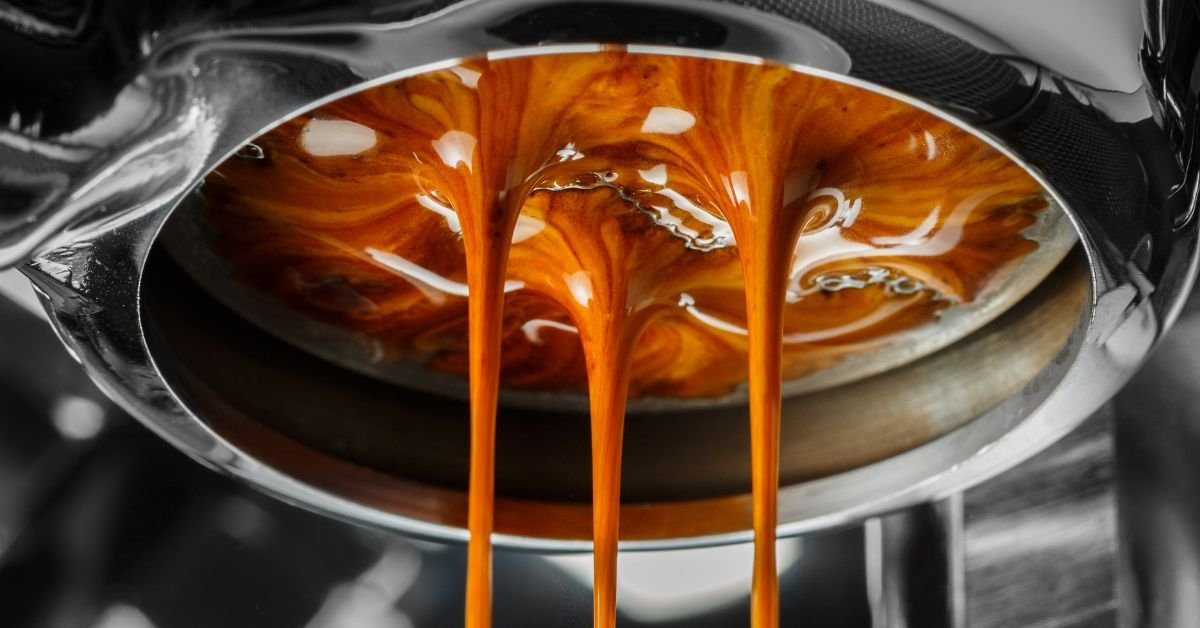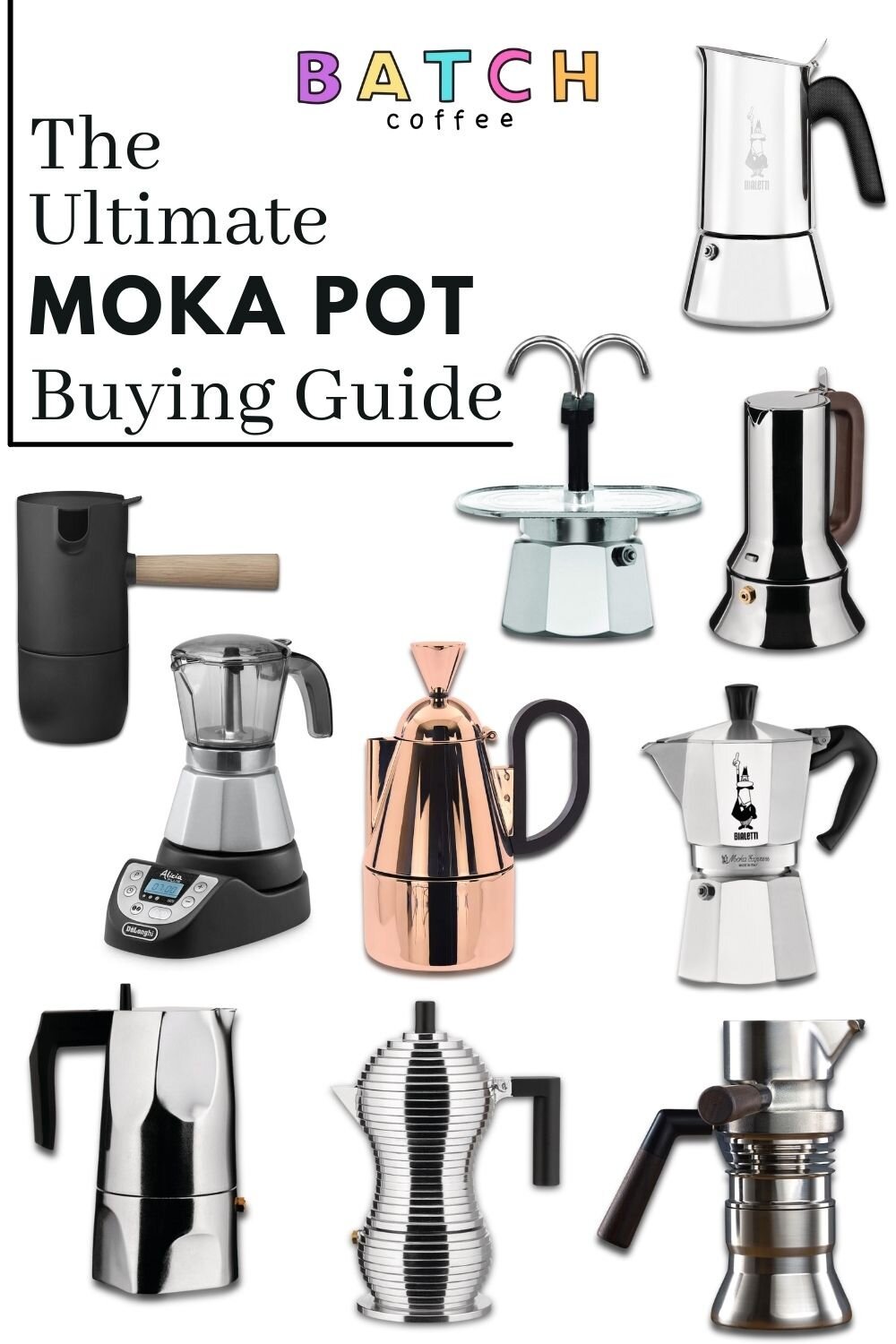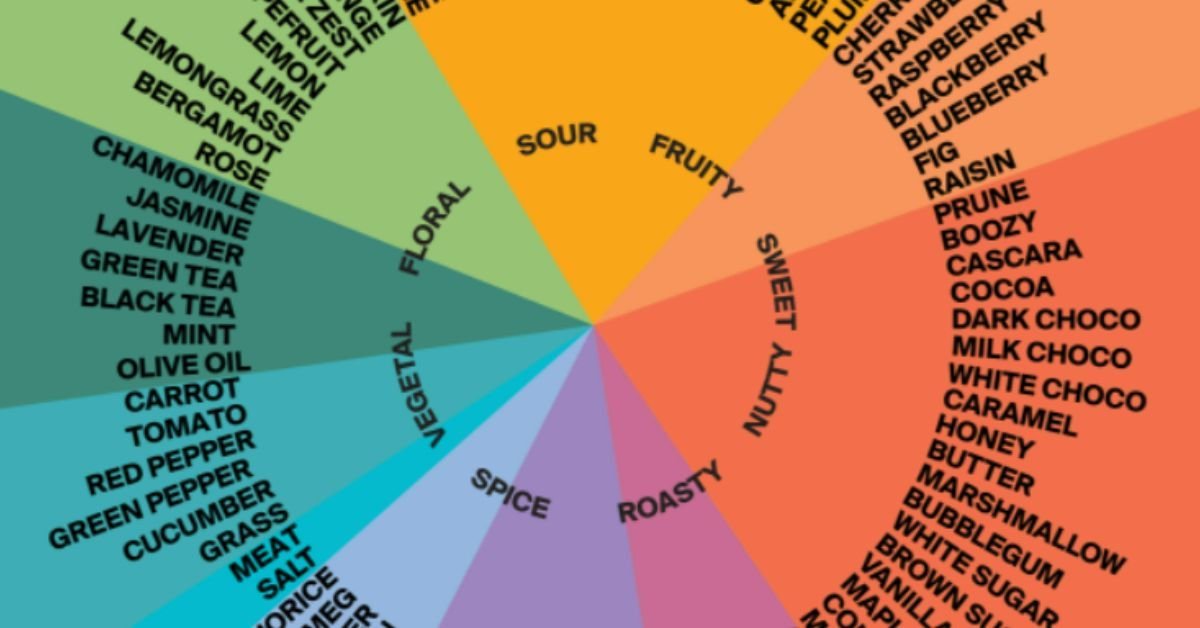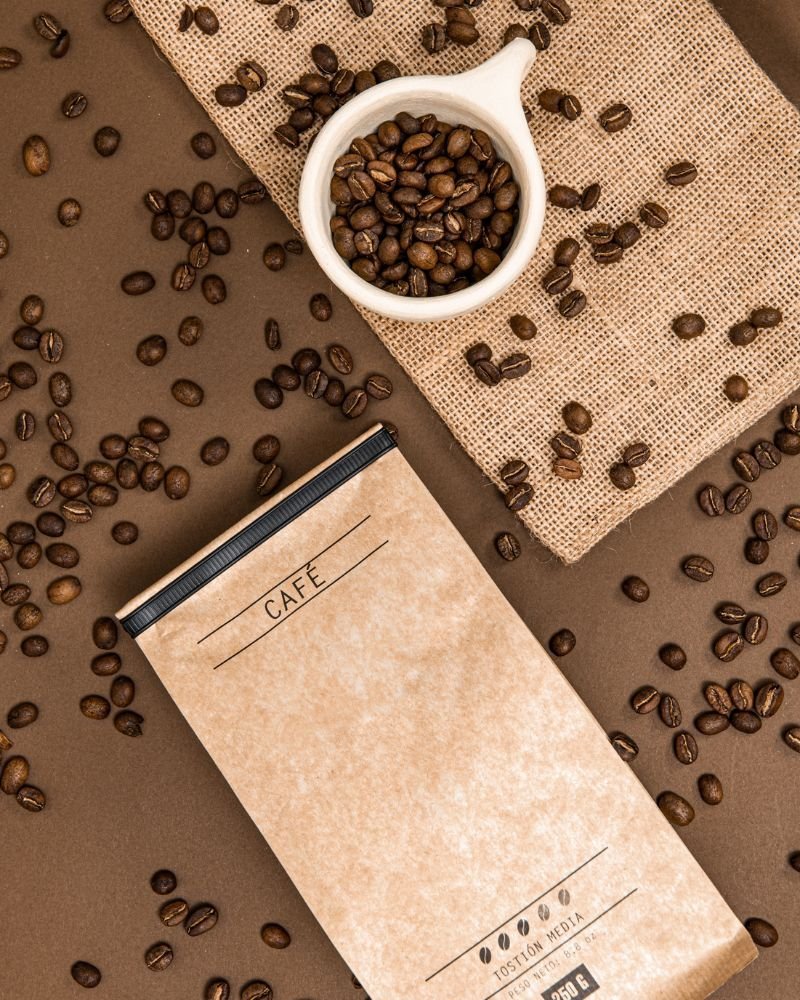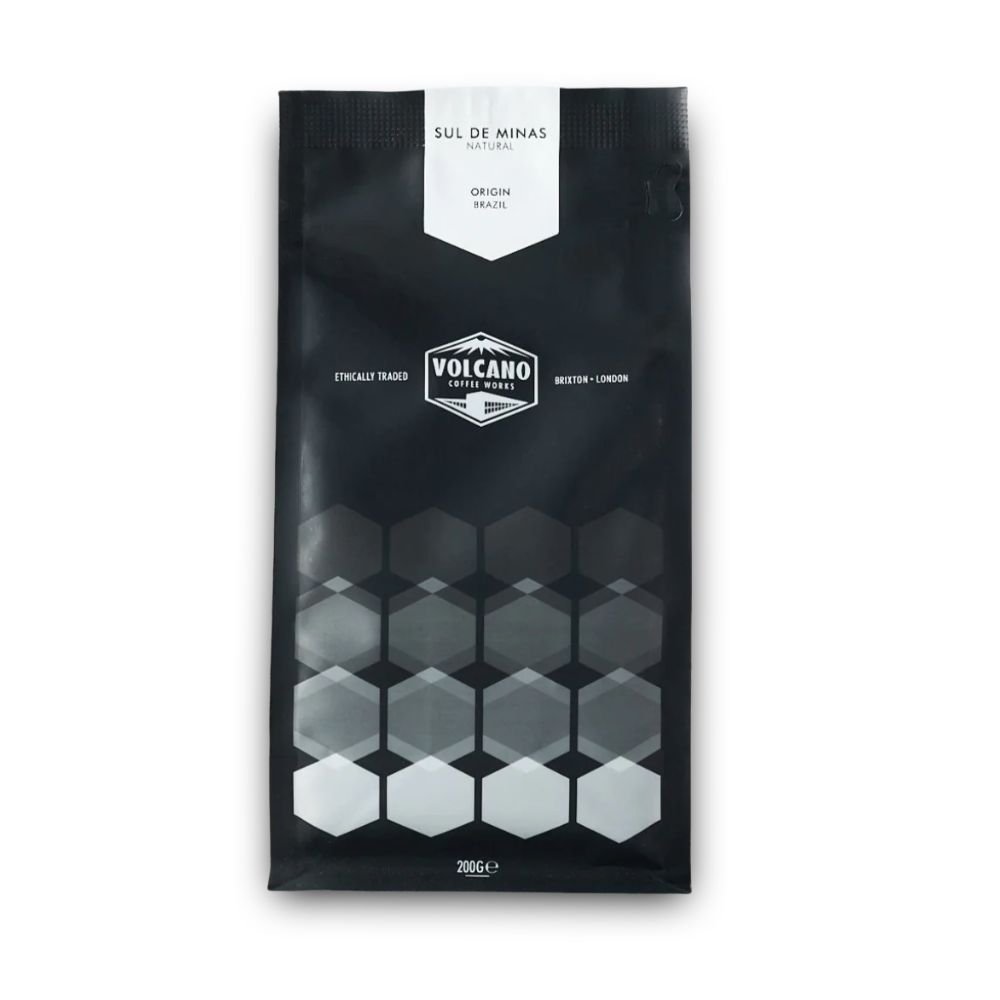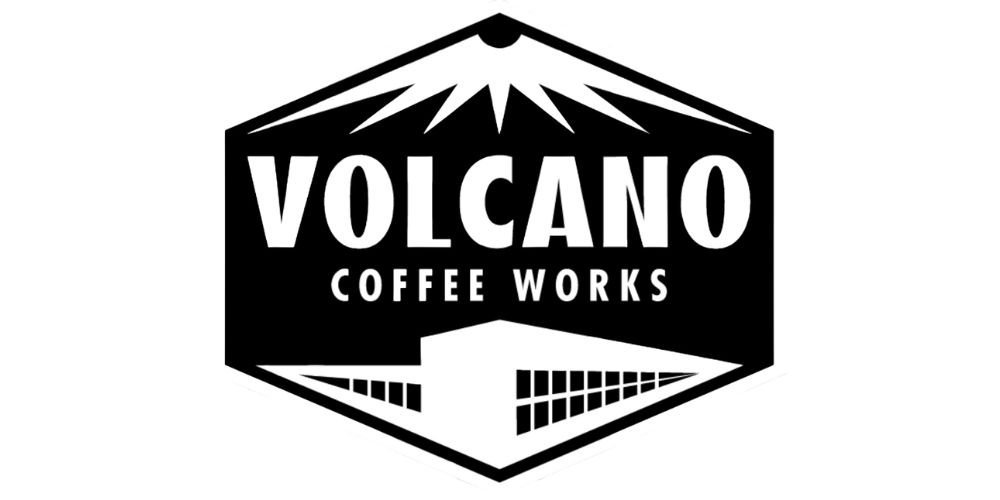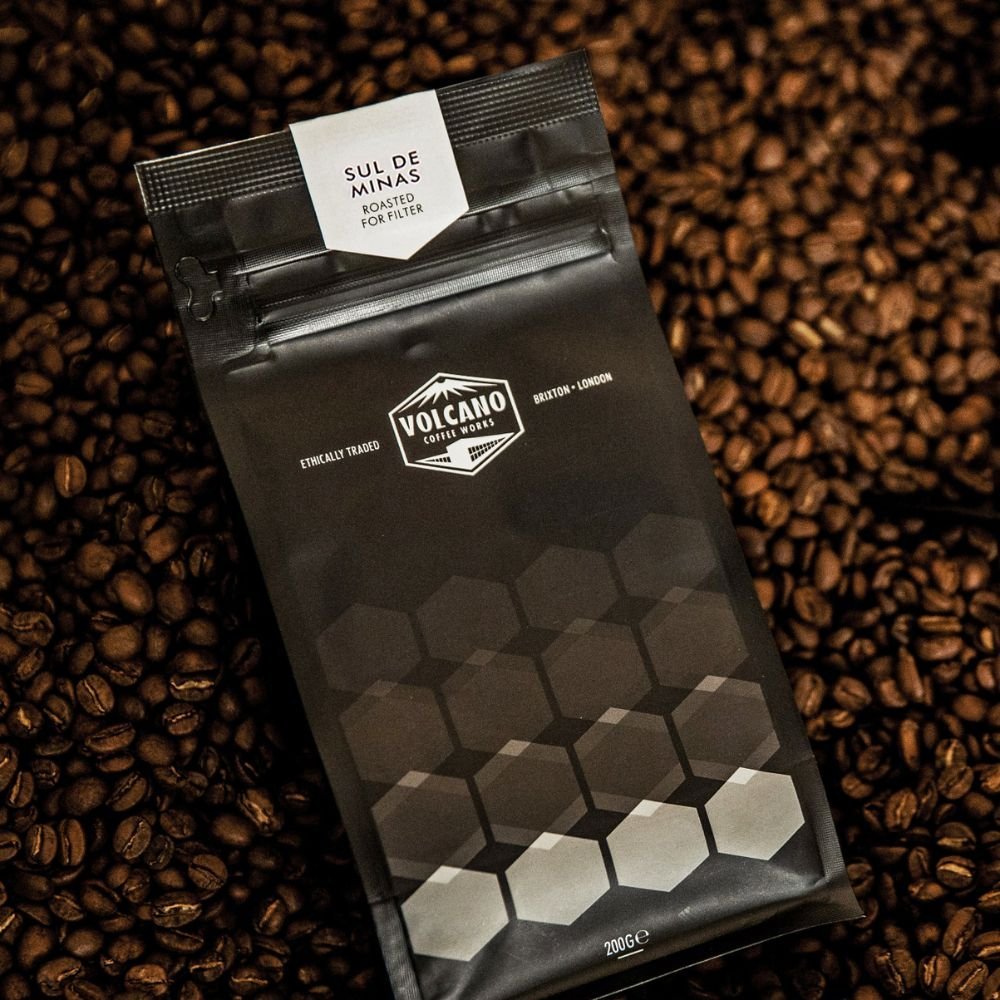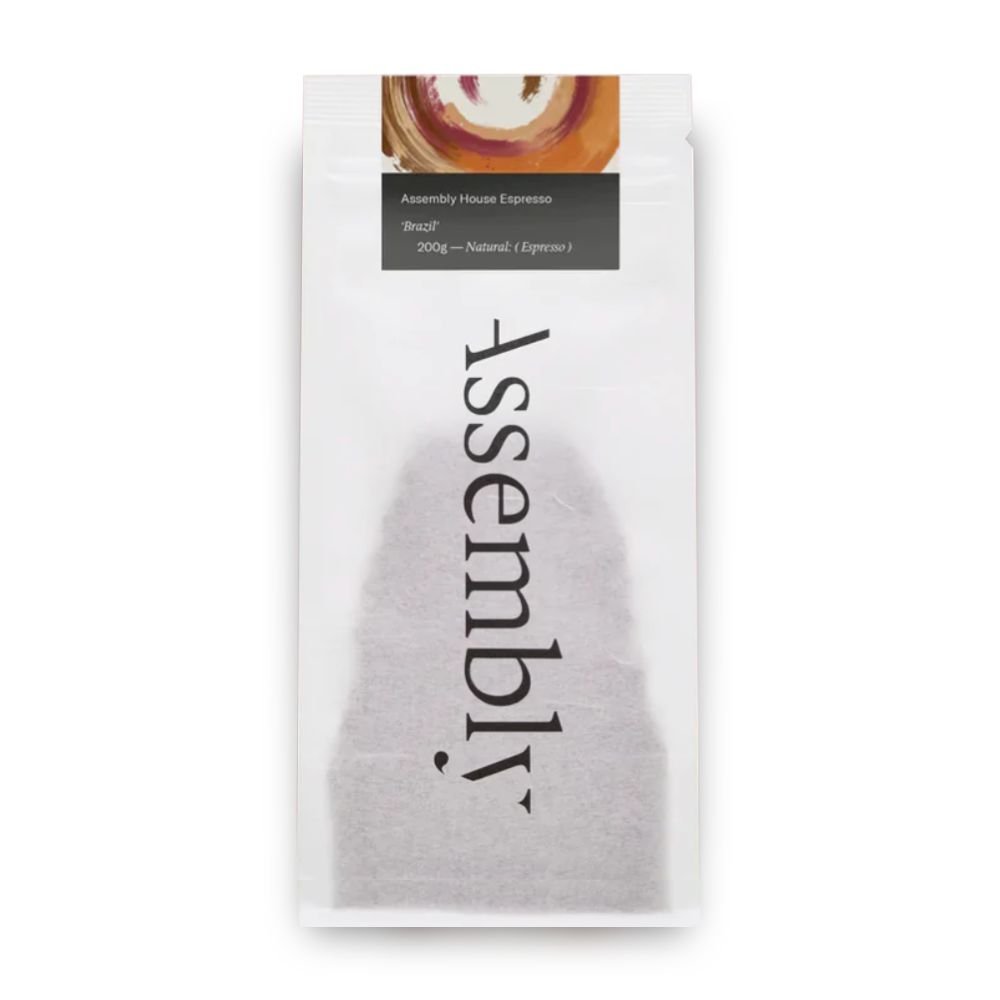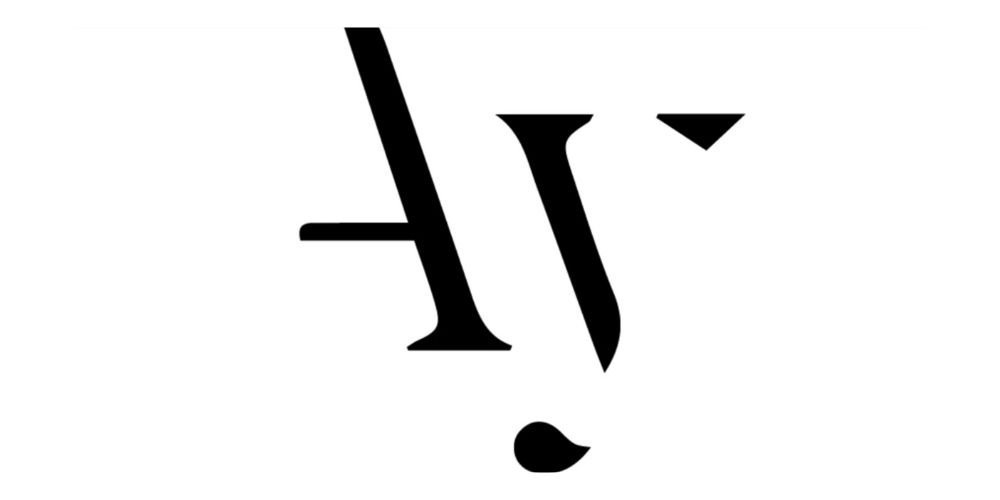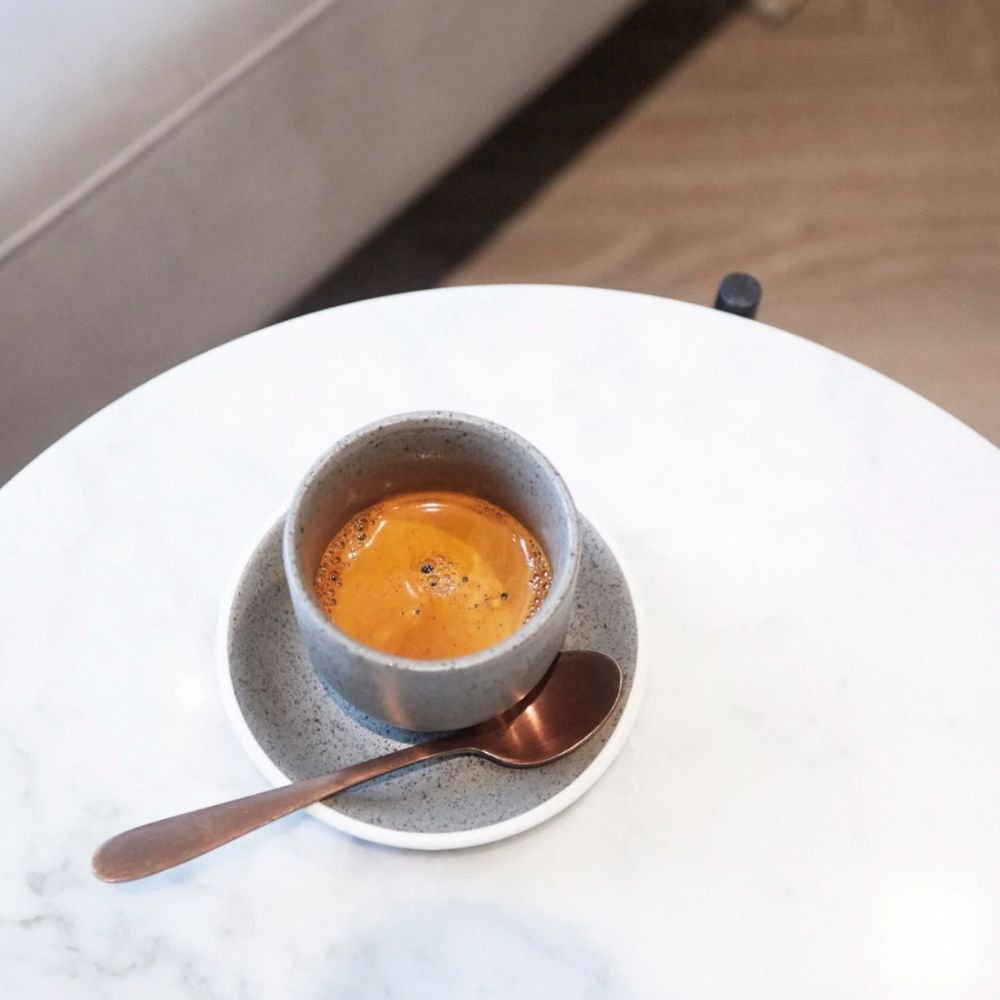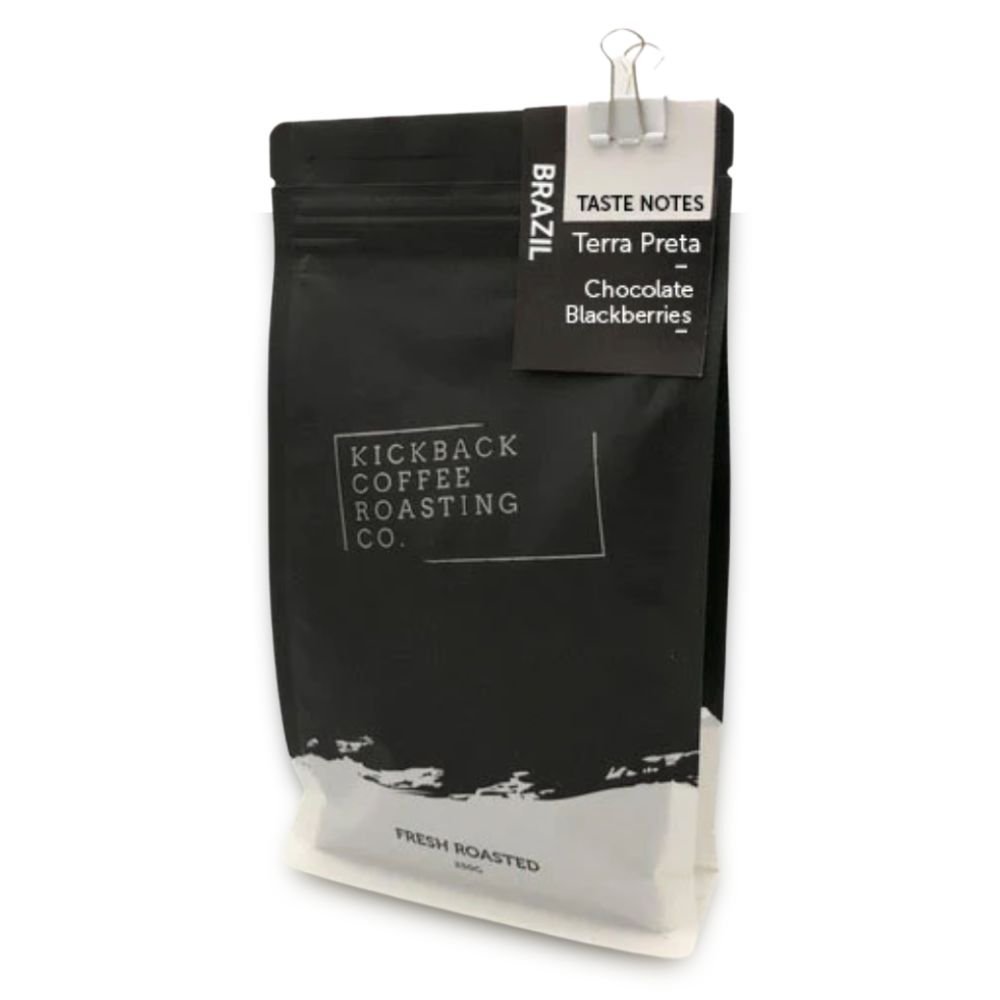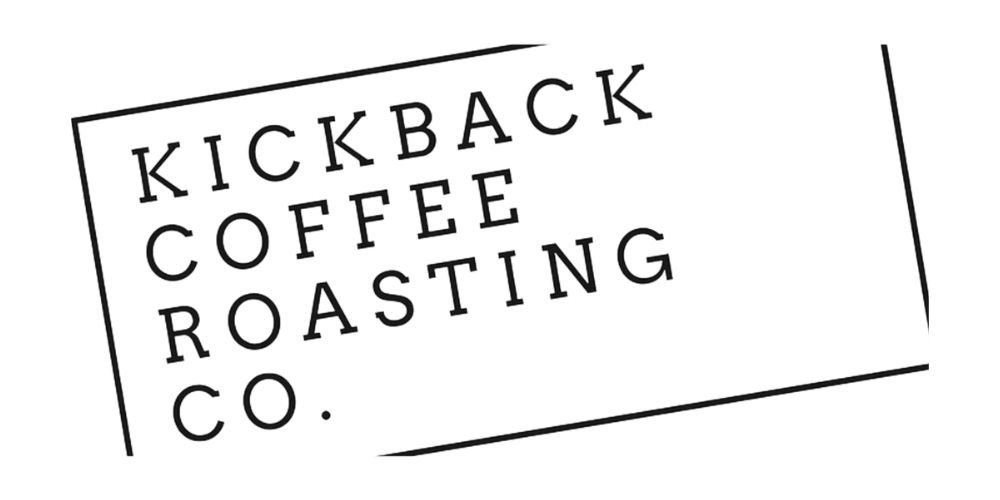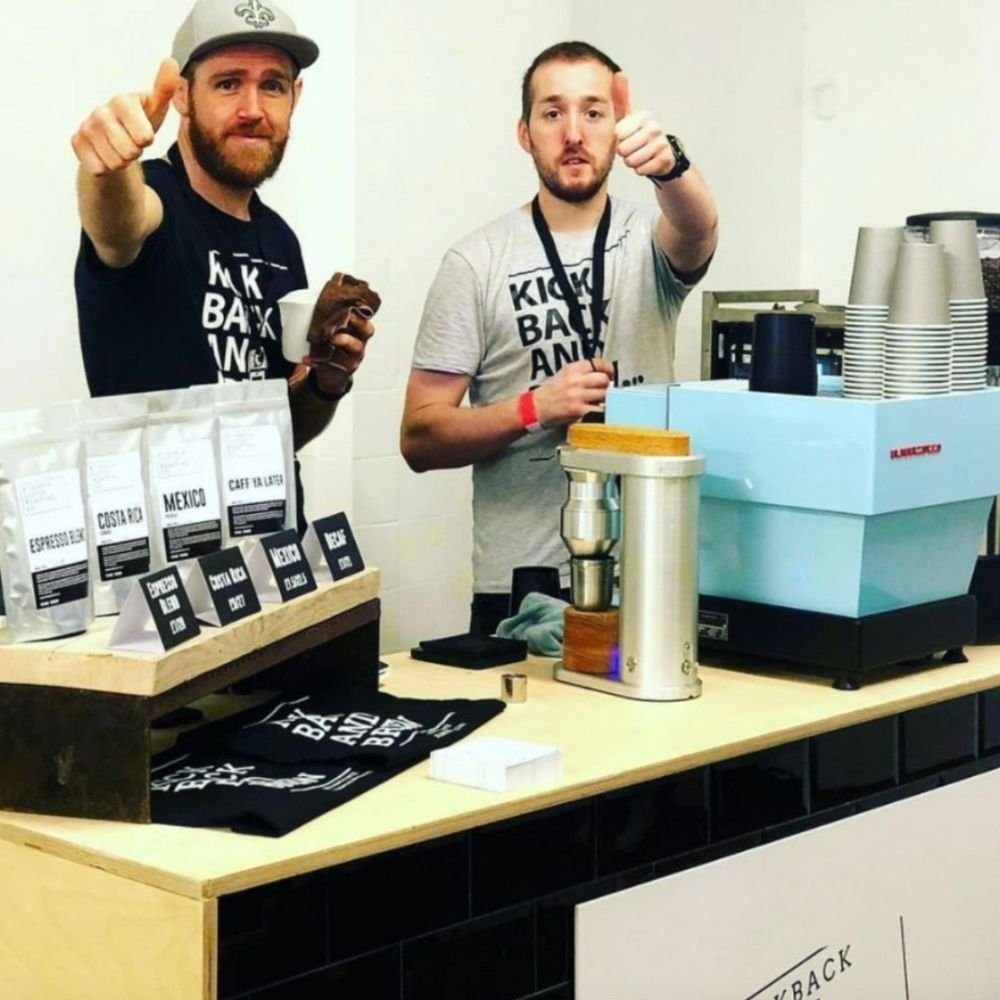Brazilian coffee is booming.
The quantity and quality of coffee from Brazil is world renowned.
When many of us think of Brazil, we think of samba, caipirinhas, bean stews, world class football, legendary mixed martial artists and of course Brazilian coffee.
Brazil is the biggest exporter of coffee in the world.
It is also the second largest consumer of the beautiful beverage with the average Brazilian enjoying over 5 cups per day.
So how did it become this big producer and consumer, what makes Brazilian coffee beans so special and what are the stand out beans worth giving a try?
Best Brazilian Coffee UK
This Brazilian coffee comes with notes of dates and fresh lychee, over a base of honeyed nougat.
| Best Brazilian Coffee | Coffee Roaster |
|---|---|
| Best Overall Brazilian Coffee | Volcano |
| Best For Brazilian Espresso Coffee | Assembly |
| Best For Brazilian Filter Coffee | Kickback |
A Brief History of Brazilian Coffee.
Coffee first came to Brazil in 1727, when Portuguese officer Francisco de Mello Palheta brought seedlings from French Guiana.
These seedlings would be planted In Pará where they effortless flourished into beautiful coffee trees.
The Amazon jungle wouldn’t remain the sole place where the plant would thrive.
With consumption of the drink growing at an extraordinary rate, the rate of production also had to grow to meet the demand.
In 1781, production jumped to Rio de Janeiro and a new economic cycle in the country’s history would begin.
From the 18th century onwards, coffee’s presence in Brazil plays a pivotal role in the country’s history.
Without the revenue obtained by the coffee barons, huge advancements in the country’s infrastructure would be unlikely to develop.
Profits from the crop brought about the emergence of railroads, urbanization and the entry of large waves of European settlers, coming from Italy, Germany and Spain.
Political power moved from the Northeast to the Southeast as a consequence of coffee production.
Even the refinement of Brazilian ways and customs parallel with this production.
The first photographic records made within the country portray the routine of the bean farms in São Paulo.
Want to taste some of the best Brazilian Coffee in the World?
This growth and development has led to Brazil producing a third of the world’s coffee supply, making it the biggest producer on the planet.
This number one position is a coveted place which the nation has had for over one hundred and fifty years.
What is Brazilian Coffee?
Brazilian coffee is quite obviously, coffee which has been produced in Brazil.
A huge variety of beans are grown in the country and different regions are known for their speciality.
As you may already know, the two most common species of coffee beans are Arabica and Robusta.
Coffee arabica originates from south-western Ethiopia, south-eastern Sudan and northern Kenya and known for its drinking quality, with intense and diverse flavours.
About 75% of the coffee beans produced in the world are Arabica. Brazil produces almost two thirds of the world’s supply.
Conversely, Robusta beans have double the concentration of caffeine compared to their Arabica counter parts due to their bitterness are used in espresso-based beverages and decaf coffee.
About 30% of the beans grown in Brazil are robusta.
With seven different Brazilian states involved in the production of the coffee, each with their own climate, altitude and soil profile, it’s almost impossible to lump Brazilian coffee beans into one category, however the location of the coffee growth is undoubtedly a key part of the flavour profiles involved.
Minas Gerais state is responsible for around 60% of Brazil’s coffee production, and more than half of it comes from independent, small coffee farms.
The coffee bean varieties cultivated in these regions are Catuai, Obata, Icatu, and Mundo Novo.
Catuai means “very good” in regional indigenous dialect and it’s 100% native to Brazil being the hybrid of two subspecies of arabica beans.
Catuai can produce yellow or red beans, both of these are low in acidity, and have a low to medium body, with a sensible sweetness.
The yellow beans tend to have stronger caramel notes and less body than the red ones.
The Northeastern region of Icatu provides a home for Arabica beans which produce a full bodied drink fruity and citrussy in flavour with a mild, honey-like sweetness.
Obata Rojo beans tend to have an acidic taste like those of red fruits.
The beverage profile is characteristic of the local Terroir and presents itself as a very distinct coffee.
Interestingly, this cultivar was first selected due to its resistance against coffee diseases.
The vigorous Mundo Novo beans which blend Bourbon and Typica varieties : A 100% Arabica varietal – plants that produce the finest and most refined coffees and has a sweet and striking flavour.
These beans have a medium body, intense perfume and medium acidity with hints of caramel.
Mundo Novo beans are amongst the favourites of many baristas, with the distinct flavours making the beans suitable for many cooking methods and gourmet recipes.
Mundo Novo beans are grown in all seven regions due to its adaptable nature and hardiness.
What is so special about Brazilian coffee beans?
As mentioned before, Brazilian coffee is diverse and different beans will be good for different purposes, or just be great for different reasons.
However, there are some common trends amongst Brazilian beans which make them so great.
With regards to the single-origin beans you might use for your filter brews, or pour overs, you’ll find high-quality, big-bodied distinctive coffees possessing an intense sweetness in the form of chocolate and caramel notes.
The terrain of the country grants farmers and producers certain benefits.
The low altitudes increase the speed of maturation making it easy for pickers to access, the lack of shade allows the cherries to ripen faster.
These two factors also help naturally dry the beans, guaranteeing that some of the fruit compounds and features won’t be lost in the process of skin removal.
Plus, the fact that the pulp maturates and dries along the process makes the final product low in acidity. This lower acidity tends allow some of those nuttier nuts pull through on the sip.
Is Brazilian Coffee Good?
As mentioned, there are some great beans with a huge variety in their flavour profiles.
However, with any coffee bean search, it’s best to look for the most sustainable options.
Thankfully, business interest groups in the country helped elevate the quality of the coffee by imposing standards on the industry, developing strict labour and environmental legislation.
These are laws that respect biodiversity and all people involved in coffee growing, and that strictly punish any type of slave and/or child labour on the plantations due to Brazilian laws being some of the strictest among coffee producing countries.
Some certification standards Brazilian coffee beans must show to be commercialised and exported:
Rainforest Alliance (RA), Sustainable Agriculture Network (SAN) or SAN/RA
UTZ (merged with Rainforest Alliance)
Organic
Brazilian Coffee Sustainable Seal (Cecafe)
Brazilian’s Ministry of Agriculture’s data show that in terms of social and environmental accountabilities, Brazilian coffee production is the most demanding in the world to ensure the production is sustainable.
Find out which coffee beans our team of industry professionals loved the most.
Beyond the obvious ethical and environmental reasons, the world stands a lot to gain from adherence to these regulations.
With Brazil being the biggest coffee producer in the world, even the slightest shortage of coffee in Brazil will impact coffee availability and consumption globally!
Where To Buy The Best Brazilian Coffee In The UK
Here are a few places in the UK where you can buy Brazil coffee beans, however checkout our Coffee Club boxes where we send out Brazilian coffee amongst other origins.
Roast – Medium
Notes – Dates, Lychee, Nougat
Volume – 200g or 1kg.
Grind Size – Filter or Espresso
Shipping – Worldwide
Rating – ★★★★★★★★★☆
Kurt Stewart is the man behind Volcano coffee works which was founded in 2010.
Kurt grew up in coffee-mad New Zealand and created Volcano to bring the great tasting coffee he had grown up with to the UK.
He did this while supporting the livelihoods of the communities who grow and produce it.
Volcano started life as a coffee cart that graced the streets of West Norwood but has now grown to a team of 30 passionate coffee people that operate out of their state of the art coffee roastery in Brixton.
Volcano consistently produce some of the best coffee available in the UK at such a high volume.
Checkout our full Review of Volcano.
Roast – Medium
Notes – Peach Crumble and Grapefruit
Volume – 200g or 1kg.
Grind Size – Sold as beans.
Shipping – Worldwide
Rating – ★★★★★★★★☆☆
Assembly are the quality and customer focused coffee roaster based in Brixton, London.
They are one of the few coffee roasters in the UK that are pushing the boundaries of each aspect of their business.
The Assembly roastery is housed in a 19th century fire station in the heart of London.
The Loring roaster alongside a state of the art coffee sensory lab and a couple of event spaces to hold cuppings is a testament to how serious these guys take specialty coffee.
Checkout our full Review of Assembly.
Roast – Medium
Notes – Blackberries and Chocolate
Volume – 250g or 1kg.
Grind Size – Espresso – French Press
Shipping – UK
Rating – ★★★★★★★★☆☆
Kickback showcase some of the finest sustainable coffees out there.
Kickback began when founder Alex started roasting coffee for his friends and family.
After receiving a great reception he decided to turn his coffee roasting hobby into a business.
That was 2017. Since then Kickback have been putting out a new single origin roast each month, sampling some incredible coffees and meeting some amazing people along the way.
The guys at Kickback are now full steam ahead.
After chatting to Josh Williams (Barista Champion and Filtered Thoughts) who has recently joined the team it’s clear that these guys are now looking at competing with some of the big boys in the speciality coffee roasting scene.
Checkout our full Review of Kickback.
FAQs
How is Brazilian coffee different?
Brazilian coffee has some of the highest scoring coffees in the world, it also has the largest variety of coffee being the biggest producer.
There is no way to say how Brazilian coffee tastes or is different to say other coffee as pretty much every style of coffee comes from Brazil.
I would say however, that a typical Brazilian coffee is full bodied, sweet and has a milk chocolatey depth.
Is Brazilian coffee the best in the world?
Brazilian coffee isn’t usually classed as the very best coffee in the world, but that is not to say that a particular farm is not producing some of the best coffee in the world.
That said, Brazilian coffee would still rank in the top 10 for the best coffee in the world.

